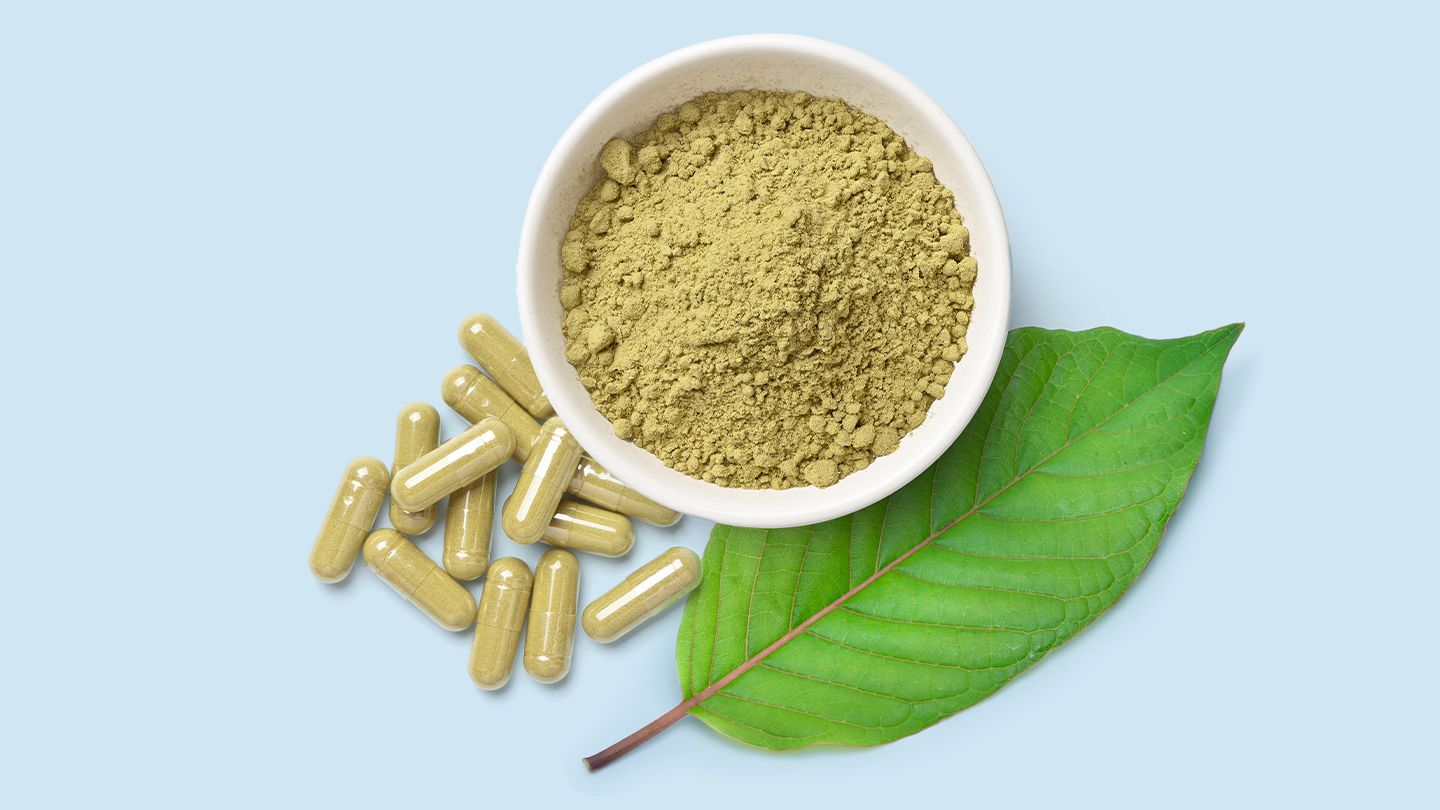There are questions about using kratom for its purported benefits without causing problems. “What we’re interested in as researchers is understanding where the benefits are and where the harm starts,” says Christopher R. McCurdy, PhD, a professor of medicinal chemistry and kratom expert at the college of pharmacy at the University of Florida in Gainesville. “That can be different for different people, and we can’t make a general statement that a certain dosage is safe or one that is problematic. We haven’t done enough research to know where those lines are.”
This is a problem because kratom is so widely available, and its easy access makes it seem safe. “Accessibility does not equal safety. I do not believe the benefits outweigh the risks of taking kratom,” says Natalie Klag, MD, a physician specializing in psychiatry and addiction medicine at Ohio State University Wexner Medical Center in Columbus. That’s why it’s important to consider the downsides to taking kratom. Here are the potential risks and side effects to keep in mind before considering kratom.
Risks
Another safety consideration is that many people do not take kratom alone, instead pairing it with other drugs or products like cannabis or kava. It’s not yet understood how the body reacts to these combinations, says Dr. McCurdy. “The people who benefit from kratom are typically using low amounts and in a more responsible, reserved way,” he says. When people start increasing the dose they’re using, there’s more risk of side effects and toxicity.
George Singletary, MD, an associate program director for the addiction medicine fellowship program at Tulane University in New Orleans, sees this in his practice. “I have people coming in spending $100 per day on kratom extracts to keep from getting sick from withdrawals,” he says. These higher doses cause similar problems as opioids, he says, including constipation. “We need to have a healthy respect for the dependency kratom can cause,” he says.
Side Effects
- Agitation
- Confusion
- Drowsiness
- Irritability
- Increased blood pressure
- Increased heart rate
- Lethargy
- Nausea
- Vomiting
Some more serious side effects were less common or rare:
- Cardiac arrest
- Coma
- Hallucinations
- Kidney failure
- Liver injury
- Low oxygen levels in the blood
- Respiratory arrest
- Muscle tissue damage
- Seizure
- Slow or depressed breathing
- Slow heart rate
Read the full article here




